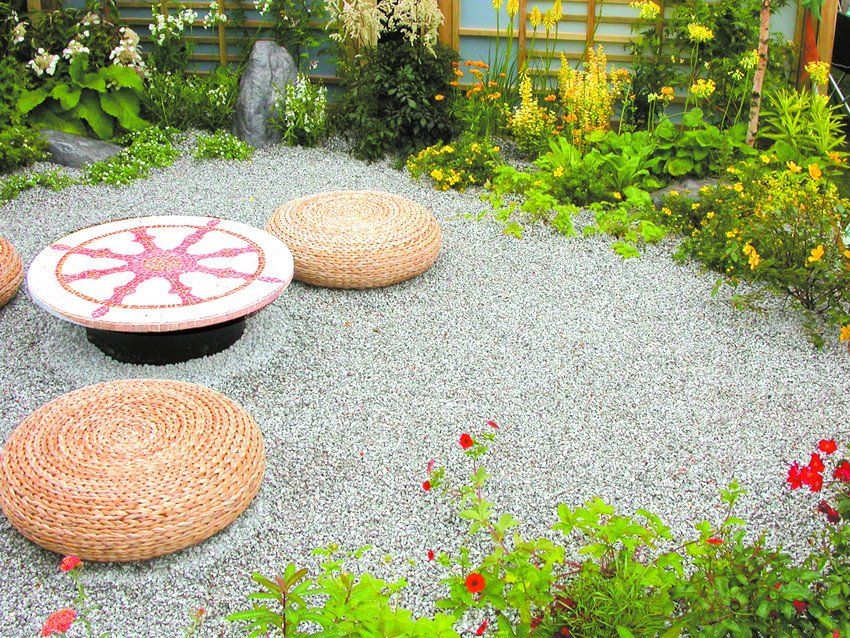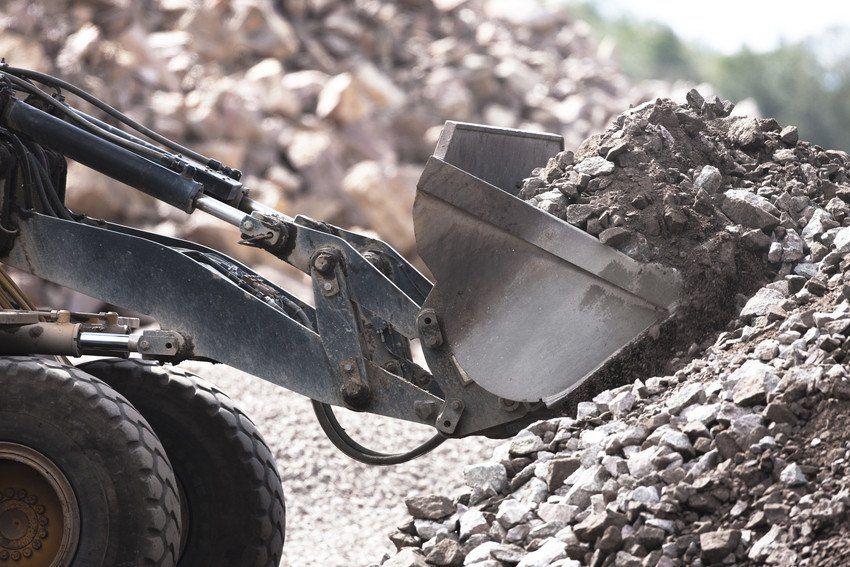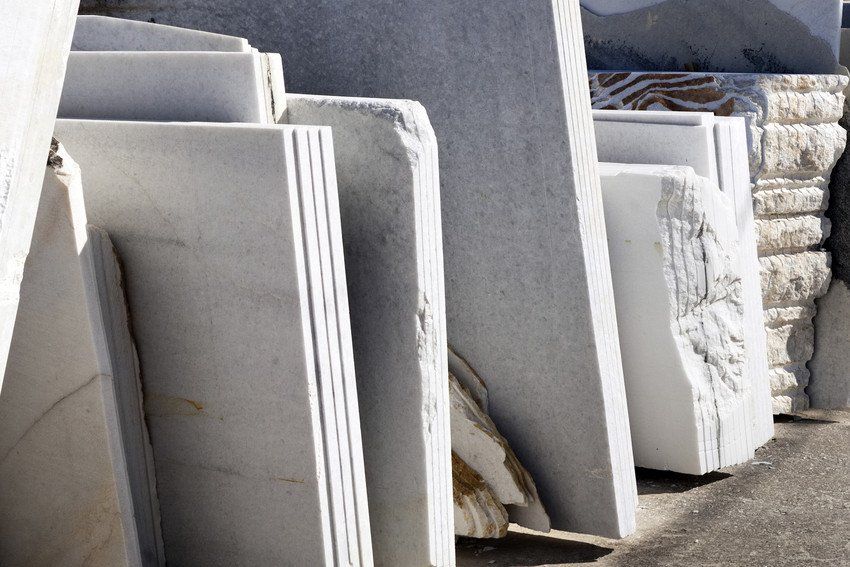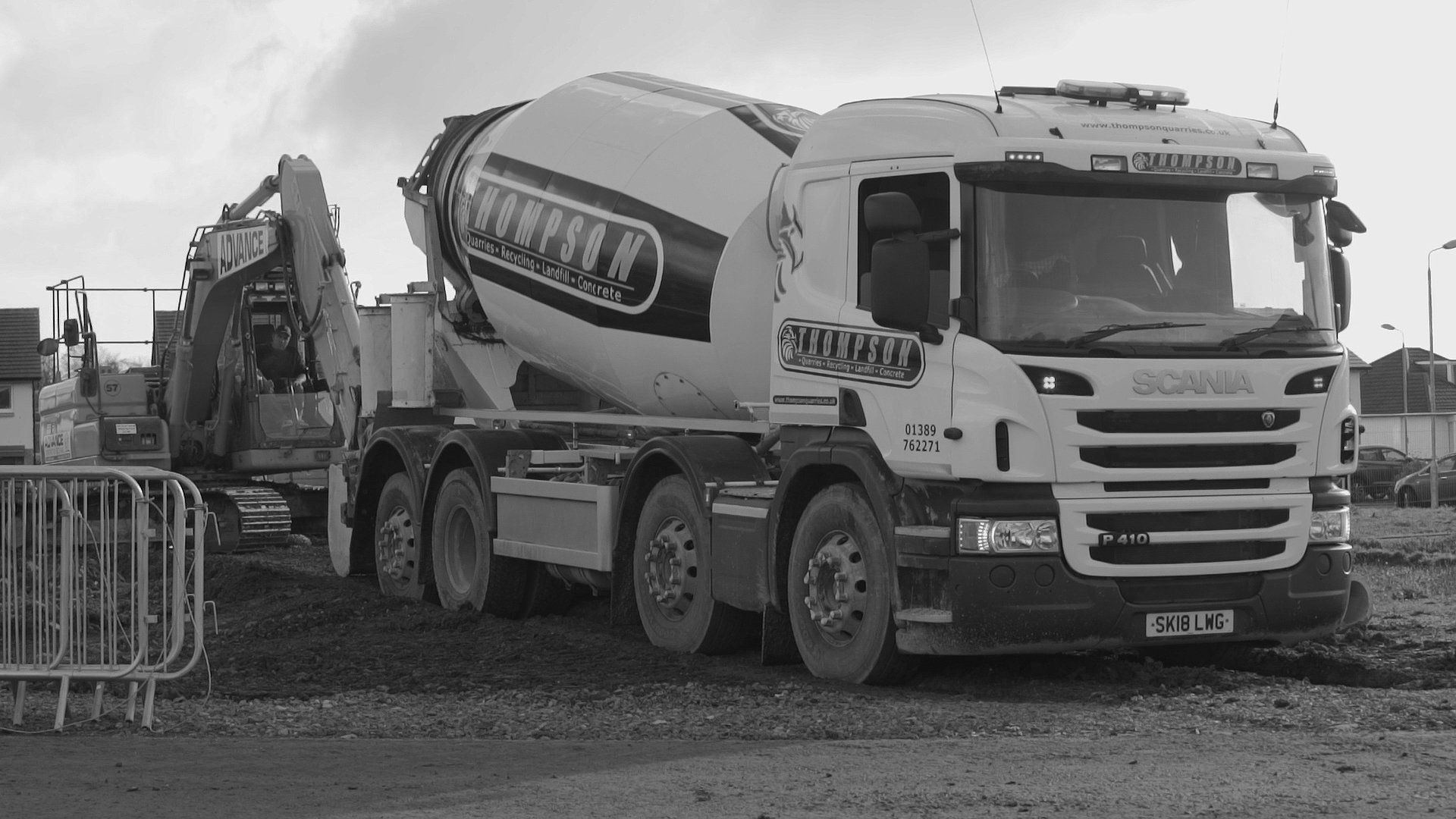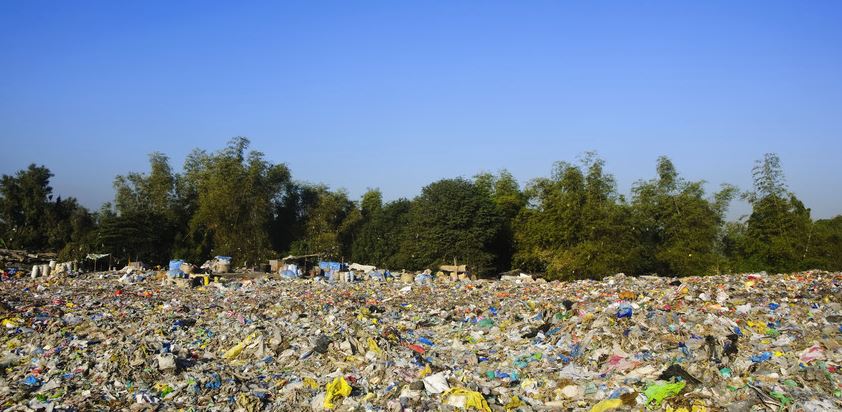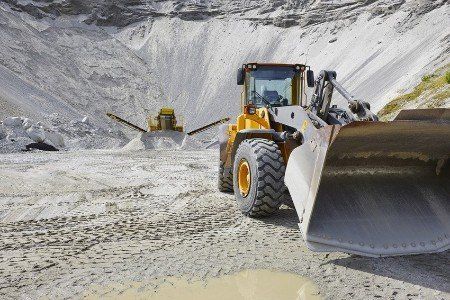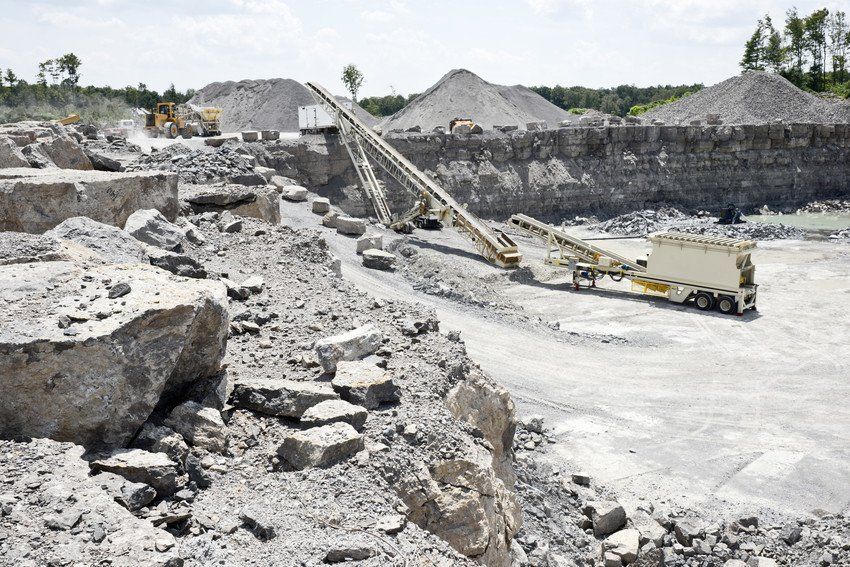How Construction Companies Can Do Their Bit For the Environment: From Recycled Aggregates to Using Sun and Wind Power
- By William Thompson & Son
- •
- 06 Sep, 2019
- •
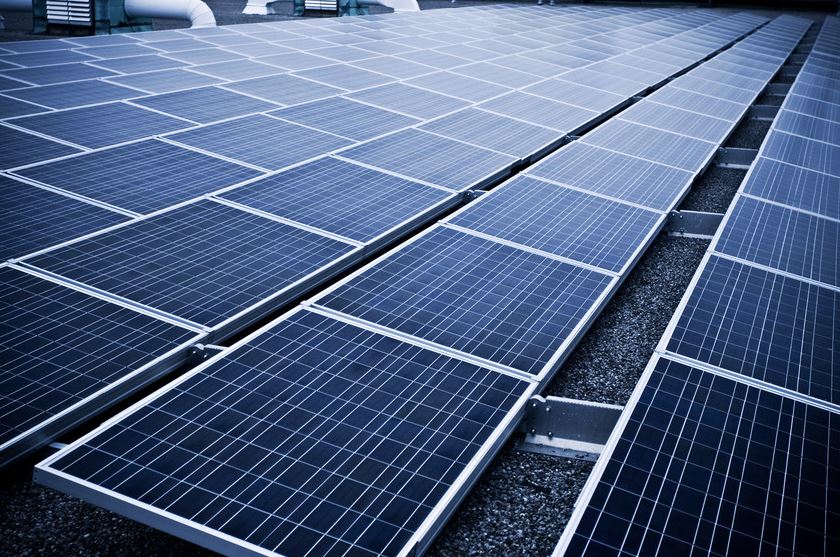
With our news channels and social media buzzing with worrying stories or hard-hitting facts about the environment and how we can do our bit, it’s no wonder that we’re all turning our efforts to sustainable and environmentally friendly living and working. From cycling instead of driving to altering our meat-heavy diets, there are many things we can do as individuals or households. But what about in the commercial or industrial sector, namely the construction industry?
Whether it’s transporting hundreds and thousands of building materials to different locations across the country, mining the resources needed to build or firing up an engine to move, haul and crush materials, the construction industry is a known culprit that contributes to pollution and accounts for roughly 20% of global emissions. The sector as a whole negatively impacts on the environment, but it’s a fact that with an increasing population, we rely on new buildings to keep up with housing demands and the need for commercial properties to feed, educate and entertain us.
With the UN’s warning on climate change and the increasing national and global eco-based government targets, the construction industry needs to adapt and move towards decarbonisation. However, there are many construction companies in the UK who are taking the plunge and implementing environmentally sustainable techniques and resources, ensuring that they are doing their bit whilst keeping up with demand. Here’s how they’re doing their bit, one brick at a time.
Aggregates is a broad term to describe the granular materials typically used in construction work. This includes natural materials such as stone, sand and gravel but also includes slag, concrete and bricks. This material is used in almost all construction projects and aggregates make up the most mined material in the world.
In the past, any materials produced from demolition or unused aggregates from a project would end up in a landfill site. Nowadays though, leftover aggregates or demolition materials have now become “recycled aggregates.” Essentially, this term refers to aggregates and other reprocessed materials that have been previously used in construction.
Recycled aggregates are used more and more frequently in the construction industry; approximately 200 million tonnes of aggregates are used in the UK each year and 57 million tonnes of this is recycled aggregates. This figure is only set to rise in years to come also.
There are many environmental benefits of switching to a recycled aggregate supplier for a construction project. Not only is it regarded to be a green material, using recycled aggregates reduces the amount of virgin materials that need to be mined or created, which, in itself, has an incredibly negative impact on the environment. Finally, the need to send aggregates to landfill is reduced significantly and construction companies will meet UK landfill and sustainability targets.
Sun, wind and renewables: Eco-homes and commercial buildings
During initial construction stages, many companies are now planning in eco-friendly and renewable energy technology to be installed on all buildings. With the rise of eco-homes to tackle domestic energy usage, the UK government has declared that all homes must be zero carbon by 2020 so this will only be on the rise. The average eco-home now cuts energy bills by at least 30% too, and homeowners can even make money from their property, whether that’s from renewable energy grants or from unused solar energy gathered from solar panels (but only if you had panels installed before 31st March 2019). Many commercial buildings are following suit also, from the National Trust HQ in Swindon to the Co-op Group’s offices in Manchester.
By incorporating energy-efficient and renewable technology within initial designs and during construction, the construction industry is stepping up and doing their bit for the environment and everyone else who would be living or working in these properties. Here are some of the features that might feature on a newer property, whether it’s an eco-home or commercial building:
● Solar panels - this technology relies on photovoltaic (PV) cells to turn sunlight into electricity for homes. From domestic heating to powering all appliances, these solar panels will essentially power your home. Many eco-homes with panels installed before 31st March 2019 can still reap the benefits of solar panel payments, but the government has stopped these for newcomers to solar energy.
● Water conservation - with 150 litres of water used by a single person each day in the home, the government target is now 80 litres a day to tackle this, so water conservation is crucial when planning a new build. Some conserving methods implemented include: dual toilet flushes, water-saving shower heads, drainpipe water butts, methods of collecting and reusing rainwater etc.
● Insulation - all manner of construction ensures that all new buildings has double or triple glazing insulation. This can ensure that no energy used within the home escapes and that temperatures are regulated, meaning homes won’t feel the need to use central heating or air conditioning as often.
● Organic and local timber - we delve into this more below, but many new buildings will use locally-grown and harvested timber from sustainably managed forests, meaning that transport emissions are reduced and deforestation is sustainable.
● Non-toxic paints - although this is more for the painter and decorators, rather than the construction stages, some companies may need to complete a new building with a few licks of paint. For this, companies are implementing non-toxic or lead-free paints and wood preservatives, which are overall better for the environment and reduce paint pollution.
When it comes to wind power however, many construction companies (along with homes and commercial buildings) utilise this power. The UK is the world leader in offshore wind energy with more installed than any other country and it will generate 10% of UK energy in 2020. Many wind farms are also built by construction companies, and all of these efforts together contribute towards us all doing our bit for the environment.
Substituting or reclaiming timber to be used in construction or building work is incredibly popular nowadays. Recycled timber reduces the environmental impact that this resource has by removing the need for extracting raw materials and deforestation. Most types of timber can be recycled and many construction companies are using reclaimed or recycled timber for their projects.
From reclaiming pallets for landscaping needs to reusing building beams from a demolished property for an entirely new structure, there are many ways timber can be recycled. Although previously mentioned, if companies do need brand new wood, many attempt to source it from a local and sustainably grown forest.
Green research and technologies
There has been increased research into greener resources and building techniques to eliminate fuels, pollution from extraction and materials being sent to landfill. Here are some of the exciting prospects that are arising and could be seen within the construction industry quite soon:
● Increased harvesting and use of bamboo as timber
● Recycled cigarette butts to form bricks
● Air conditioning systems that can be thermally driven
● Sheep’s wool for building insulation
● Reclaiming and resmelting steel, making it a reused/recycled material
W M Thompson & Son - encouraging sustainable construction and supplying recycled aggregate stone in Dumbarton and beyond
At W M Thompson & Son, we care a great deal about the environment and work towards sustainable construction. As the winner of the MRW National Recycling Award in 2019, our on-site recycling plant and recycled aggregate supply is second-to-none!
If you’re looking for more information about environmentally friendly construction and materials, look no further than the experts at W M Thompson & Son today. Get in touch with us on 01389 762 271.


